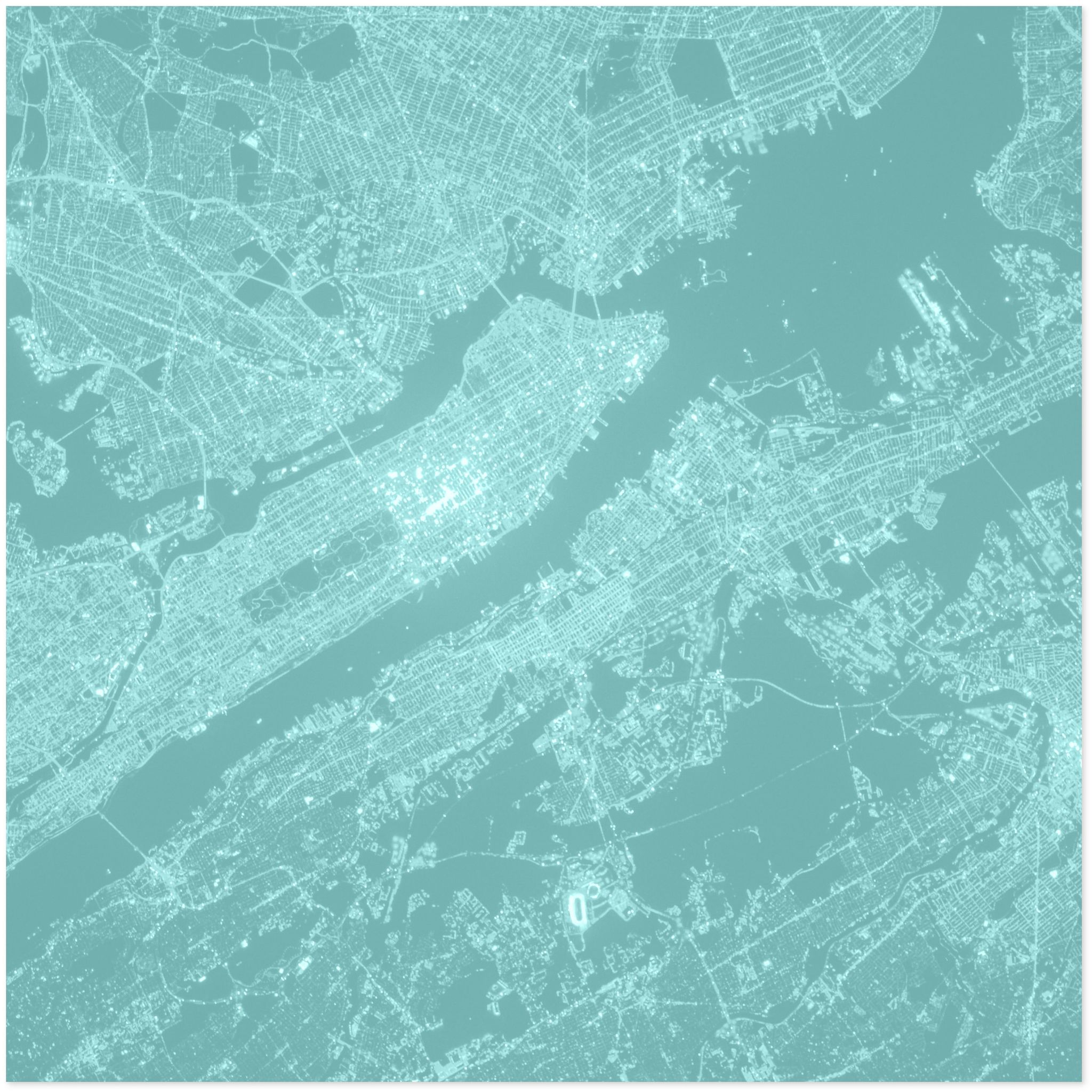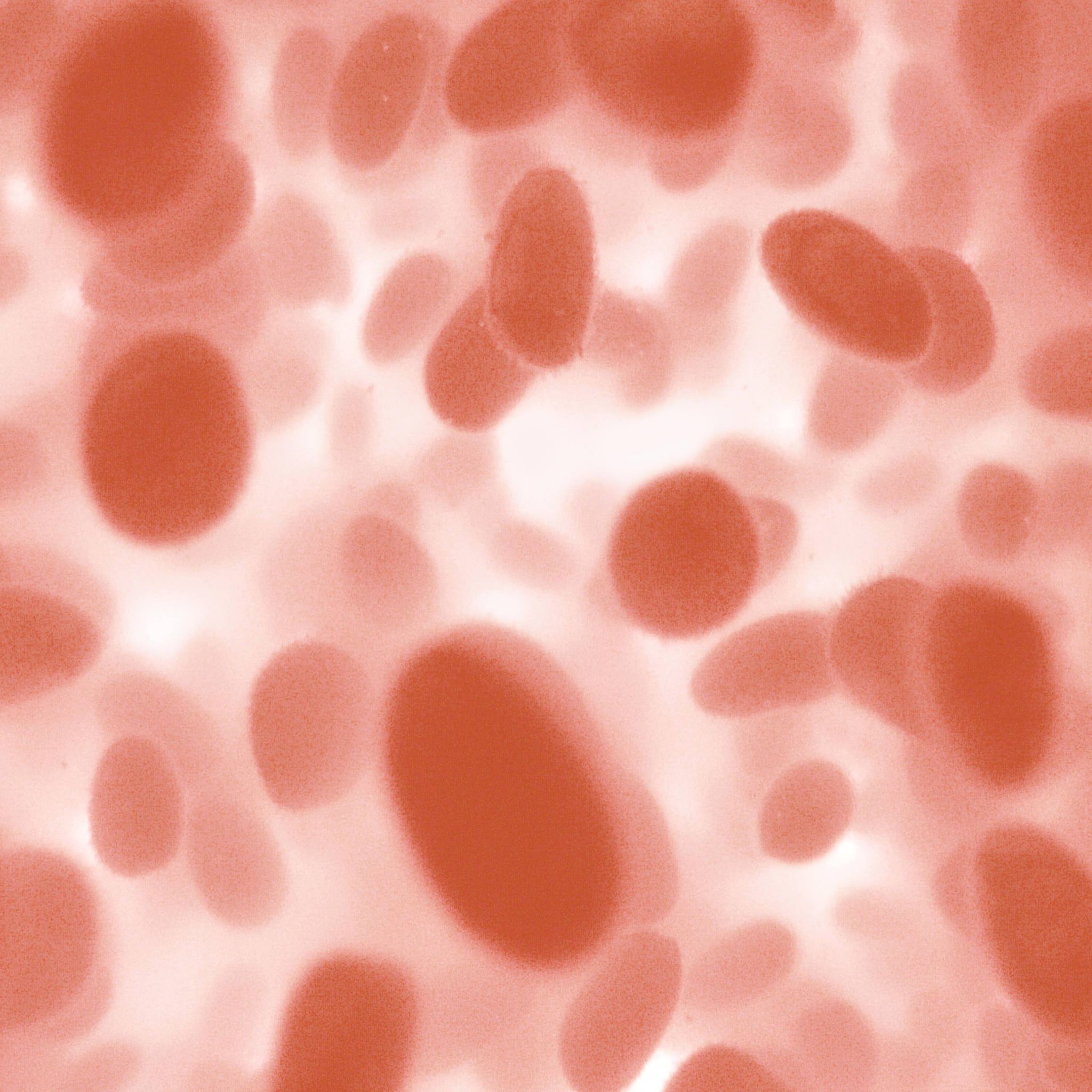
CANDLER SCHOOL
OF THEOLOGY

CAMPUS LIFE

MICHAEL C. CARLOS MUSEUM

CENTER FOR ETHICS

EMORY GLOBAL HEALTH
INSTITUTE

EMORY HEALTHCARE

UNIVERSITY LIBRARIES

EMORY NATIONAL
PRIMATE RESEARCH CENTER

WINSHIP CANCER
INSTITUTE

STUDENT FLOURISHING

FACULTY EMINENCE

RESEARCH EXCELLENCE

THE PODIUM

THE PODCAST

THE PLATFORM

Regional
Events

SCHOLARSHIPS

PROFESSORSHIPS

Goizueta
Business School

COLLEGE OF
ARTS & SCIENCES

LANEY GRADUATE
SCHOOL

SCHOOL OF LAW

SCHOOL OF MEDICINE

NELL HODGSON WOODRUFF
SCHOOL OF NURSING

OXFORD
COLLEGE

ROLLINS SCHOOL
OF PUBLIC HEALTH

What will 2O36 look like? And how will we get there?

Every day, thinkers and doers at Emory University are inspiring wonder and sparking change. In the third season of 2O36: The Podcast, host Ken Carter, director of Emory’s Center for Public Scholarship and Engagement, talks to thought leaders across campus. You’ll hear from experts in the arts, law, medicine, business, and more about what inspires them to press for change. Listen in and find out how we can create a better tomorrow. Only on 2O36: The Podcast. THE FUTURE STARTS NOW.
Times of Trouble: The Power of Spirituality in Health Care
Growing up next to a church, Jill Hamilton, professor at Emory’s Nell Hodgson Woodruff School of Nursing, understands the importance of Bible verses and hymns when facing difficult situations. That’s why she is researching the power of scripture and music in the healing process, particularly for Black patients. Hamilton sits down with Ken Carter, director of Emory’s Center for Public Scholarship and Engagement, to discuss how health care can incorporate spirituality as part of holistic treatment.
Changing Care: The Power of Diversity in Medicine
When Nanette K. Wenger, renowned cardiologist and professor at Emory, began practicing medicine, research on heart disease in women was nonexistent. Wenger’s pioneering work changed how the medical field understands and treats heart attacks and cardiovascular health in women. Now 65 years on, she continues to advocate for women’s health. Wenger sees the increasing representation of women in medicine as a driver for improved research, drug development, and patient care.
Groundswell: The Power of Community Science
Eri Saikawa, professor and environmental scientist at Emory, is researching soil and air quality in communities around the world to better understand the impacts of climate change. Saikawa looks at the relationship between climate change and health, particularly in vulnerable communities that are disproportionately affected by severe weather events. She believes that community awareness and everyday actions can spur positive action and create a healthier planet.
Striking the Right Note: The Power of Music in Liberal Arts
Growing up in a multicultural home, Paul Bhasin was surrounded by diverse music—from Latin American pop songs to vintage Bollywood soundtracks. Now an accomplished orchestral trumpeter, Bhasin conducts the Emory University Symphony Orchestra, directs the Emory Youth Symphony Orchestra, and serves as interim chair for the department of music at Emory. He says music is a core academic subject rather than an extracurricular activity, making Emory a distinctive destination.
Law and Economics: The Power of Money in the Courtroom
Judges are seen as impartial arbiters of the law, but they are elected officials with different legal backgrounds. Joanna Shepherd, Thomas Simmons Professor of Law at Emory, studies the intersection of law and economics. Her research looks at judicial behavior to see whether factors like campaign contributions, tenure, and personal experiences influence judicial decisions. In some recent legal cases, she says, judges have acted more like politicians.
Finding Common Ground: The Power of Debate
Ed Lee knows a thing or two about the power of healthy discussion. As senior director of the Barkley Forum for Debate and senior director of inclusivity for Emory College, he says an effective argument brings differing views together to come up with a compromise to move forward. Lee shares his passion for discourse and explains how listening and reflecting can bring people together.
Unlocking the Immune System: The Power of Vaccines
The race to develop an effective COVID-19 vaccine showed the world just how powerful the immune system can be to prevent serious illness. Rafi Ahmed discusses how understanding the immune system is key to developing lifesaving vaccines. Ahmed, the Charles Howard Candler Professor of Microbiology and Immunology at Emory School of Medicine, directs the Emory Vaccine Center and is co-leader of the Cancer Immunology Research Program at Emory’s Winship Cancer Institute.
Breaking the Class Ceiling: The Power of Equitable Workplaces
Andrea Dittmann’s research on inequality in the workplace stems from personal experience. As a graduate student working part-time in a restaurant, she saw a difference in how she was treated as a research student and a waitress. Now an assistant professor with expertise in organization and management, Dittmann examines the disparities between blue- and white-collar workers. She says schools and companies alike can create more welcoming opportunities for first-generation college students.
Beyond the Diagnosis: The Power of Connection in Medicine
For David Frank, practicing medicine involves more than just the art and science. Throughout his career, he has been inspired by deeply personal connections. One connection is particularly meaningful. He holds the Christopher Brett Wolf Chair in Hematology and Medical Oncology, named for the beloved son of John and Cammie Rice. Frank keeps a photo of Chris on his desk as a reminder of the personal stories behind every research study or patient interaction.
Tiny Discoveries, Big Impact: The Power of Innovation
For Wilbur Lam, innovation in medicine is all about improving patient care. As associate dean of innovation at Emory School of Medicine, Lam sees great promise in microtechnology to understand, diagnose, and treat disease. At his research lab and at the bedside, he’s combining bioengineering and medicine with the goal of making disease detection and treatment easier, faster, and more effective.
Finding Connections: The Power of Literature
Sarah Higinbotham, assistant professor of English at Emory’s Oxford College, examines concepts of justice and human rights in literature. Higinbotham encourages students to look at old works through a new lens, helping them make personal connections with text written centuries ago. She also believes studying literature is not solely for college students. Through her nonprofit, Common Good Atlanta, she shares her love for literature with incarcerated people.
Opening Doors: The Power of Art
Libraries and museums don’t just preserve history. Clint Fluker, Emory’s inaugural senior director of culture, community, and engagement for the Carlos Museum and Emory Libraries, wants them to highlight new ideas and create space for important conversations. With exhibitions celebrating 50 years of hip-hop and the groundbreaking work of Black comic book artists, Emory is changing how communities interact with and think about museums and libraries.
Remembering President Jimmy Carter with Terry Adamson
In this special podcast, Terry Adamson 68C 73L shares stories from his lifelong friendship with President Jimmy Carter. As a key figure in founding The Carter Center, Adamson reflects on its inception, partnership with Emory, and mission to advance human rights, global health, and democracy, calling it “a fulfillment of things he started as president.” He also pays tribute to Rosalynn Carter’s pioneering work in mental health and women’s rights, celebrating her profound and lasting influence.
Remembering President Jimmy Carter with James T. Laney
James T. Laney, former president of Emory University, reflects on his close friendship with President Jimmy Carter and the founding of The Carter Center at Emory. He shares memories of their work to establish the center, Carter’s inspiring leadership, and the lasting impact of Carter’s lectures and Town Halls on the Emory community. Laney also offers unique insights from his time as the U.S. Ambassador to South Korea and discusses Carter’s humanitarian legacy.

What will 2O36 look like? And how will we get there?

Thinkers and doers at Emory University are sparking change, inspiring wonder, and catalyzing action. In the second season of 2O36: The Podcast, recorded in front of a live audience in October 2022, you’ll hear from experts across campus on the greatest potential and looming pitfalls of artificial intelligence, how to forge meaningful connections across divides, and what it takes to build a better future. Tune in for fresh perspectives on how we’ll transform the world to come. Only on 2O36: The Podcast. THE FUTURE STARTS NOW.
2O36: A Future Without Stigma - Extended Director's Cut
What if, rather than fearing failure, we recognize that growth only happens when we make mistakes? In this extended director’s cut of Season 2 Episode 9: A Future Without Stigma, Emory Alumni Board President Munir Meghjani and James Raper, a longtime mental health counselor, have a thoughtful discussion about seeing success in failure, the myth of happiness, and finding the right therapist.
Contact the Emory Office of Respect at 470.270.5360 to speak to an on-call advocate or email respect@emory.edu for resources pertaining to sexual violence.
For other on campus mental health resources, contact CAPS at 404.727.7450 or visit counseling.emory.edu.
2O36: A Future Where Culture is the Connector
What are museums and libraries for? Who counts as an expert? In this episode, Emory Alumni Board President Munir Meghjani speaks with Valeda F. Dent, Emory’s vice provost of libraries and museum, and Henry S. Kim, director of the Michael C. Carlos Museum, to discuss the role that cultural institutions play today as connectors and conveners—and how they can remain relevant in the century to come.
2O36: A Future Where #BlackInChem Isn’t an Anomaly
In this episode, Kimberly Jacob Arriola, dean of Emory’s Laney Graduate School, speaks with Ayanna Jones, an Emory PhD student working with NASA to understand Earth’s complex atmosphere. Arriola and Jones envision a scientific community where all students, especially students of color, can thrive. Plus, Jones, a co-founder of #BlackInChem, takes on a million-dollar question—literally.
2O36: A Future Beyond Work
The COVID-19 pandemic collapsed the boundary between work and life, and we’ve only just begun to put the pieces back together. Tune in as Emory Alumni Board President Munir Meghjani takes on tough questions about the future of life, labor, and leisure with Carla Freeman, interim dean of Emory College and Goodrich C. White Professor of Women's, Gender, and Sexuality Studies, and Hunter Akridge, an Emory College senior and Beinecke Scholar.
2O36: A Future of Data Justice
How can we create artificial intelligence technologies that build a better world? When Lauren Klein, Emory professor and author of Data Feminism, imagines the future of computational analysis, she envisions an ethical approach with justice at the center. Kimberly Jacob Arriola, dean of Emory’s Laney Graduate School, sits down with Klein to discuss how to make that future a reality.
2O36: A Future of Thinking Differently About Data
In this episode, Emory Alumni Board President Munir Meghjani and Matthew Sag, professor of law and artificial intelligence at Emory, probe the best and worst that AI has to offer the legal system, society, and how humans work and live together. Plus: Sag, a diehard science-fiction fan, explains why we shouldn’t worry that the robots are taking over—yet.
2O36: A Future Without Health Inequities
What if artificial intelligence could predict and prevent invisible diseases? In this episode, Kimberly Jacob Arriola, dean of Emory’s Laney Graduate School, speaks with Anant Madabhushi, Emory professor and global leader in developing artificial intelligence to improve health outcomes. They explore the wide-ranging potential of these technologies to save lives, mitigate health disparities, and alleviate the financial and physical toll of diseases.
2O36: A Future Where Data and Privacy Can Coexist
With the advent of artificial intelligence technologies, consumers can access more personalized goods and services than ever before. But at what cost? Listen as host Emory Alumni Board President Munir Meghjani and Ramnath K. Chellappa, business-analytics expert at Goizueta Business School, probe the unintended consequences of AI and how we can preserve our privacy in a data-driven world.
2O36: A Future With Space for Everyone
Human flourishing depends on connecting and belonging. How do we carve out space in our lives to ensure connection for ourselves and others? Listen as Emory Alumni Board President Munir Meghjani and Enku Gelaye, dean of campus life, imagine a more inclusive future for higher education, with space for everyone to thrive.
2O36: A Future Without Stigma
Join Emory Alumni Board President Munir Meghjani as he goes deep with James Raper, a longtime mental health counselor and Emory’s inaugural associate vice president for health, well-being, access, and prevention. They discuss how we can cultivate a campus environment where all students can share—and celebrate—their fullest selves.
2O36: A Future of Resiliency
Is pickleball the secret to resiliency? In this episode, Emory Alumni Board President Munir Meghjani sits down with Keiko Price, Emory’s athletics director, to sketch out a holistic vision for health and well-being. They also discuss the surprising benefits of staying in motion—whatever that looks like for you. (Bring your own paddle.)
2O36: A Future Where Passion Meets Purpose
Students have heard it for decades: What are you going to do after college? Branden Grimmett, who leads career and professional development at Emory College, challenges us to ask a better question: Who do you want to become? Tune in as he and Emory Alumni Board President Munir Meghjani reimagine higher education to ensure that all students can build meaningful lives and careers.
What does a truly inclusive democracy look like, and how do we get there?

In this three-part episode of 2O36: The Podcast, Emory Alumni Board President Munir Meghjani sits down with Carol Anderson, renowned scholar and Charles Howard Candler Professor of African American Studies, to discuss citizenship, democracy, and justice. Anderson and Meghjani uncover the most urgent threats to equality in our political system while highlighting the leaders, past and present, working toward a more just future.
2O36: A Future Where Listening Leads to Justice
Anderson and Meghjani open their conversation by examining the transformative power of listening—to facts, the historical record, and others—to create a more equitable society.
2036: A Future Where Political Systems Work for Everyone
In part two, Anderson and Meghjani revisit key moments in American history that help us understand today’s political landscape.
2O36: A Future Where Democracy Thrives
In the final installment, Anderson and Meghjani explore how to have meaningful conversations across political divides, and Anderson lays out her blueprint for a better democracy.

What will 2O36 look like? And how will we get there?

Thinkers and doers at Emory University are sparking change, inspiring wonder, and catalyzing action. In the second season of 2O36: The Podcast, recorded in front of a live audience in October 2022, you’ll hear from experts across campus on the greatest potential and looming pitfalls of artificial intelligence, how to forge meaningful connections across divides, and what it takes to build a better future. Tune in for fresh perspectives on how we’ll transform the world to come. Only on 2O36: The Podcast. THE FUTURE STARTS NOW.
2O36: A Future Where Neurodegenerative Diseases Can Be Cured
Will it ever be possible to prevent or cure Alzheimer’s disease and related disorders? Allan Levey of the Emory Goizueta Brain Health Institute says there’s reason to think so. In this episode, Emory neuroscience student Calen MacDonald talks with Levey about his research and the work Emory is doing to make brain diseases a thing of the past.
A Future Where Cancer Patients Survive and Thrive
When it comes to treating cancer, what was not possible just a few years ago is now possible. In this episode, Suresh S. Ramalingam, executive director of Winship Cancer Institute of Emory University, speaks with Emory School of Medicine student Carey Jansen about advances in research, patient care, and education that are leading to long-term survival and a better quality of life for people with cancer.
2O36: A Future Without Health Disparities
What role does the community play in reducing health disparities? How are institutions like Emory University working to bridge the gaps? In this episode, Briana Woods-Jaeger of the Rollins School of Public Health and Everett Moss, an Emory nursing student, speak with Emory Alumni Board President Munir Meghjani about the progress they are making to reduce health disparities in communities of color.
2O36: A Future Without Fear
What do bungee jumpers, race car drivers, and skydivers have in common? Are they born fearless? In this episode, Emory Alumni Board President Munir Meghjani speaks with clinical psychologist Kenneth Carter at Oxford College of Emory University about the psychology behind thrill-seeking behavior. He also describes how we can use this insight to better understand ourselves and each other.
2O36: A Future Where Computers Are More Like Us
When you talk to your computer, does it actually talk back? As part of the team that won Amazon’s 2020 Alexa Prize SocialBot Grand Challenge, Emory University’s Jinho Choi and computer science doctoral students Sarah and James Finch are pushing the boundaries of technology and communication. In this episode, they speak with Emory Alumni Board President Munir Meghjani about the future of artificial intelligence and how conversations with computers are becoming more human.
2O36: A Future Where Plants End Pandemics
People have been using plants as medicine since ancient times. Now, Emory University scientists are collaborating with global communities to discover how botanical ingredients can improve human health. In this episode, Emory Alumni Board President Munir Meghjani speaks with Cassandra Quave, a medical ethnobotanist at Emory, and Cutler Cannon, a student and phytochemistry research assistant, about unlocking the power of plants to treat infectious diseases.
2O36: A Future of First-Generation Students
Finding your path as a first-year college student can be challenging for anyone. But without guidance from family members who have been there before, first-generation students often have an even harder time navigating higher education. In this episode, Emory University graduate Anna Dix and first-generation student Xiomara Fernandez talk with Emory Alumni Board President Munir Meghjani about the unique challenges first-gen students face and how, through the 1915 Scholars Program, Emory’s alumni community is coming together to provide support.
2O36: A Future Where Ingenuity Meets Opportunity
What does it take to cure diseases like HIV and cancer? How do breakthroughs in drug development happen? In this episode, Emory University President Greg Fenves speaks with Dennis Liotta and George Painter of Drug Innovation Ventures at Emory (DRIVE) about their role in advancing breakthrough therapies and how Emory is pairing academic researchers with innovators to facilitate drug development.






































